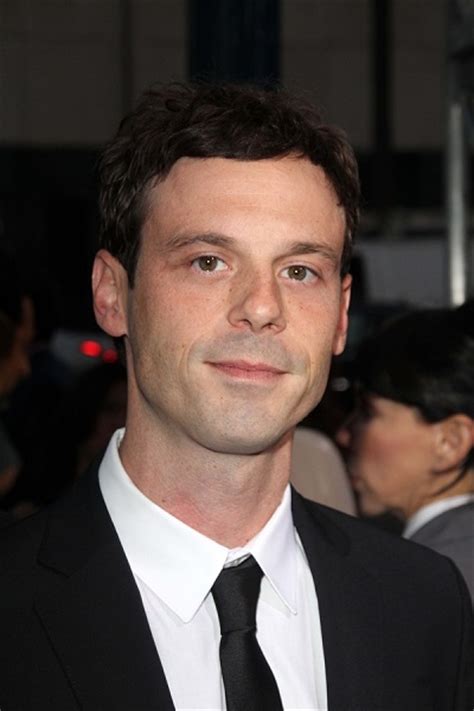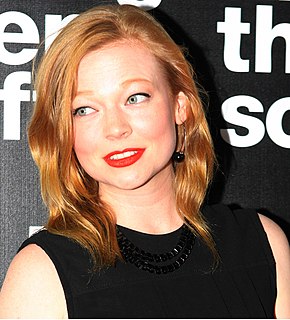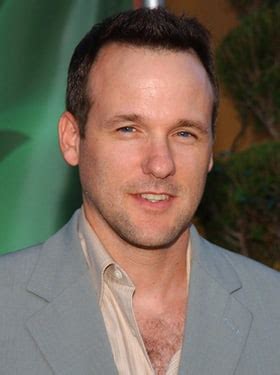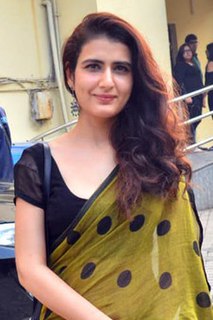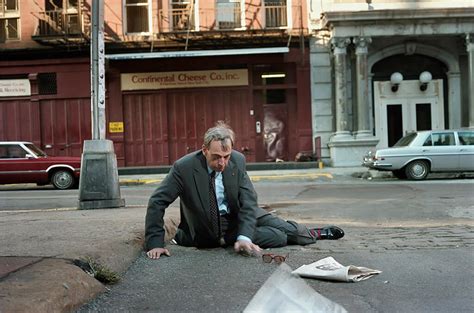A Quote by Scoot McNairy
I had a love for photography, which of course rolled into cinematography.
Quote Topics
Related Quotes
I wanted to transfer to an art school, and ended up going to the University of Southern California. They had a cinematography school, and I said "Well, that's sort of like photography, maybe that will be interesting." And once I started in that department, I found what it was that I loved and was good at.
I collect art on a very modest scale. Most of what I have is photography because I just love it and it makes me happy and it looks good in my home. I also have a pretty big collection of art books mainly, again, on photography. A lot of photography monographs, which is great because with photography, the art itself can be reproduced quite well in book form.
Cinematography was incredibly foreign to me, so I read as much as I could about it. Once I figured out that it was just photography with a set shutter speed, I got some slide film and I just went about storyboarding the script and taking snapshots. I took a ton of time doing it just to make sure I knew exactly what I was doing. By the end of it I knew what the film was going to look like - my exposure and the composition and everything. I wasn't scared of cinematography anymore.
To know whether photography is or is not an art matters little. What is important is to distinguish between good and bad photography. By good is meant that photography which accepts all the limitations inherent in photographic technique and takes advantage of the possibilities and characteristics the medium offers. By bad photography is mean that which is done, one may say, with a kind of inferiority complex, with no appreciation of what photography itself offers: but on the contrary, recurring to all sorts of imitations.
As a senior in high school my counselor recommended that I soften my science and math direction with an art course. Fortunately my high school offered a new course in B&W photography, so I opted for that instead of art, towards which I had an aversion. Composition is something that comes pretty naturally to me and I appreciate ordered chaos: the photo class turned out to be fun.
The Winter Photograph was my Ariadne, not because it would help me discover a secret thing (monster or treasure), but because it would tell me what constituted that thread which drew me toward Photography. I had understood that henceforth I must interrogate the evidence of Photography, not from the viewpoint of pleasure, but in relation to what we romantically call love and death.
I was not getting work, even after auditioning for films. So I started working in a studio as a photographer; I assisted a cinematographer for two ads. I was thinking that I will get into photography or cinematography or assist someone. But then the 'Dangal' offer came, and I was busy with the auditions.
I never went to school for that. In high school we had photography, which was great. That was another moment of discovery. I had a great teacher - I can't even remember her name now. I ended up going to boarding school for my last high school years and they had a dark room there. Of course there was curfew; you were supposed to be in bed at a certain time. But I would sneak out and sneak into the dark room and work all night.
